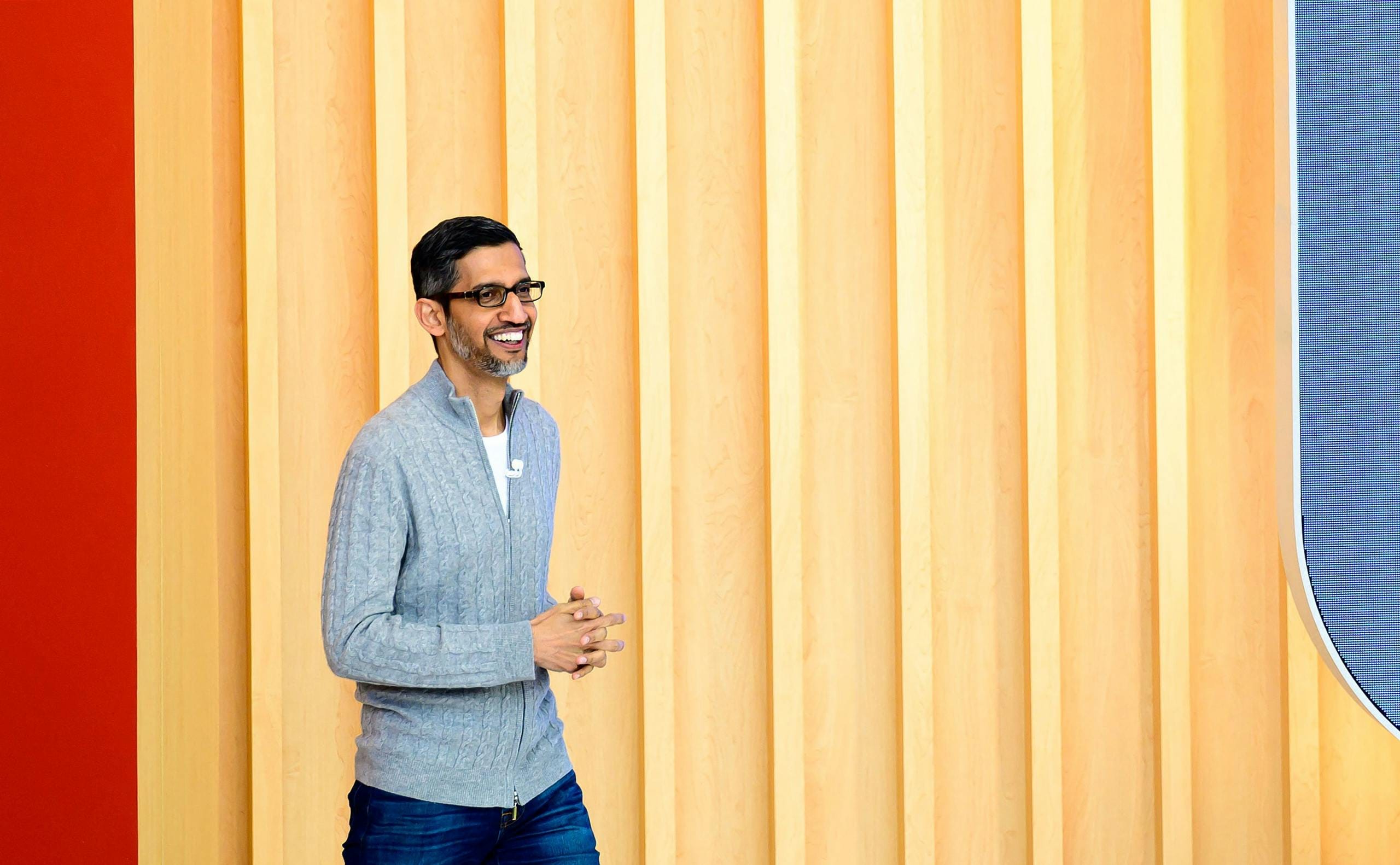In a case that has captured the interest of the tech community and the public alike, a judge has ruled that the accusations against Google related to the development of a chatbot that may pose significant risks are plausible. This ruling signifies a noteworthy moment in the ongoing discourse around artificial intelligence (AI) ethics and corporate accountability.
The allegations center around claims that Google may have downplayed the potential dangers associated with a chatbot it has been developing. The implications of such a finding could be far-reaching, potentially impacting not only Google’s operational practices but also the broader landscape of AI development across the technology sector. The court’s decision to allow these claims to move forward is a reflection of the growing scrutiny that companies in the tech industry are facing as they explore advanced AI technologies.
Understanding the Background
The controversy has arisen amid increasing concerns about the impact of AI systems on society. Chatbots and other AI technologies have been integrated into various sectors, from customer service to healthcare, owing to their ability to streamline interactions and enhance productivity. However, as these systems become more sophisticated, questions about their safety, ethical implications, and potential for misuse have become more pressing.
Google, as a leading player in AI research and development, has often been under the microscope regarding the ethical dimensions of its projects. Critics argue that as companies rush to innovate, they may neglect the negative consequences that could arise from deploying AI technologies without sufficient oversight. The chatbot in question reportedly has capabilities that, while impressive, also raise concerns about misinformation and even manipulation.
A Growing Concern
Concerns surrounding AI technologies are not new. Over the past few years, there have been numerous discussions about the ethical design of AI and the potential for harm when these systems are not properly managed. Experts and advocacy groups have demanded greater transparency from tech companies, emphasizing that accountability must accompany innovation.
In the case at hand, the judge’s decision to allow the allegations to proceed suggests that there may be substantive evidence to evaluate. The judge pointed out that if Google did indeed downplay the inherent risks of its chatbot, it raises serious ethical questions about the company’s responsibility to the public. The notion that companies may prioritize profit over safety and ethics is a theme that has permeated discussions surrounding technology in recent years.
Legal and Ethical Implications
The implications of this ruling extend beyond Google itself. A finding in favor of the plaintiffs could set a precedent for how companies are held accountable for their technological developments. If corporations are found to have actively misrepresented the capabilities or risks of their technologies, they may face not only legal repercussions but also a significant public relations challenge.
Moreover, the scrutiny placed on Google could influence how other tech companies develop and deploy their AI systems. Organizations may be prompted to reassess their ethical practices and enhance their commitment to safety and transparency in their operations. As stakeholders—including consumers, investors, and regulators—demand more responsible AI practices, tech companies will likely face increasing pressure to adapt.
The Future of AI: Navigating the Path Forward
As the case progresses, the central questions surrounding the ethics and safety of AI technologies will remain at the forefront. The case serves as a clarion call for more robust frameworks around AI development, focusing on ensuring that these technologies are built with safety and accountability in mind. Industry leaders and policymakers must acknowledge the findings of such cases as they shape the future landscape of AI.
In addition, enhancing dialogue between technologists, ethicists, and regulations can create a pathway that encourages advancements while safeguarding fundamental principles. The responsibility to develop AI that is both innovative and safe falls not only on major corporations but also on governments and society as a whole.
In conclusion, the ruling in this matter not only raises questions about Google’s actions but also opens a broader dialogue about the ethical implications of AI technologies. This case exemplifies the critical balance that must be achieved in continuing to push the boundaries of innovation while ensuring the safety and welfare of society are prioritized. The outcome may not only influence the future of Google but also set a benchmark for the entire tech industry, shaping how AI is developed and utilized in the years to come.


